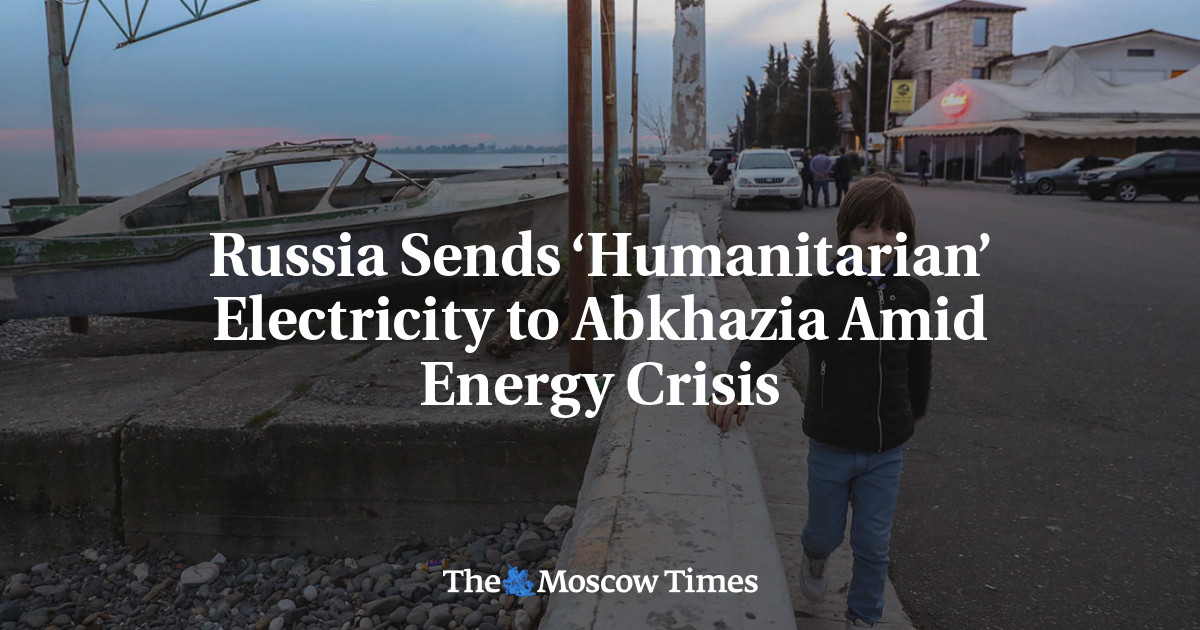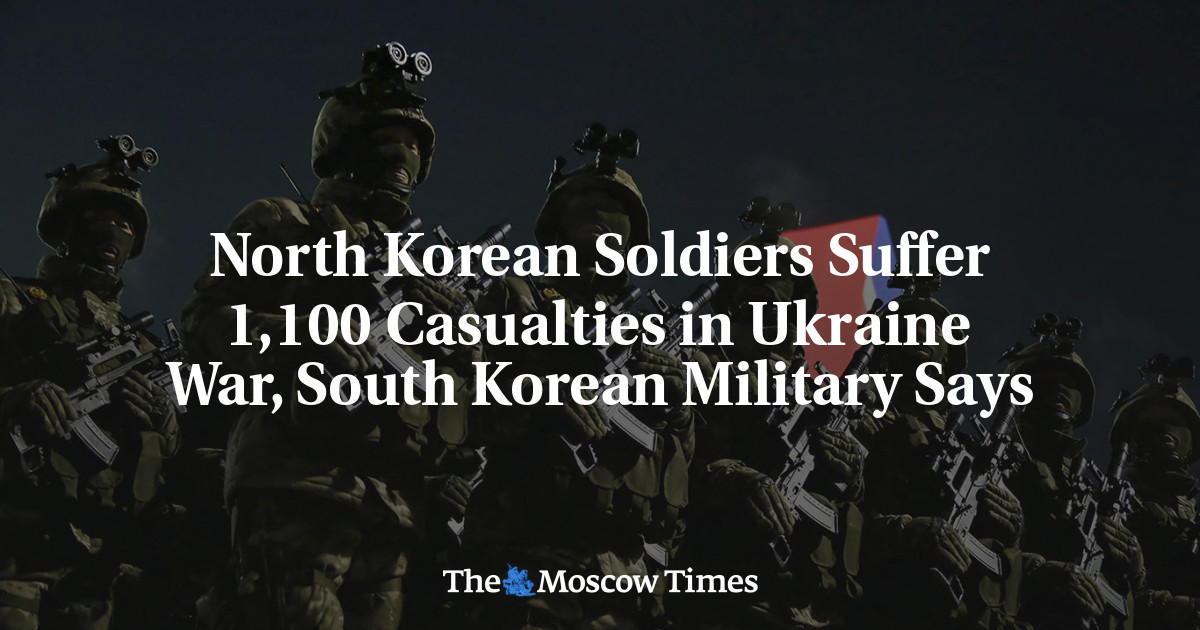This interview is part of a three-part series about the pandemic’s impact on disabled and chronically ill people. Read our first interview with Tinu Abayomi-Paul here.
In the past few months, leaders around the world have started dropping the pandemic requirements that have for more than two years defined our lives. Suddenly, people no longer have to worry about mask mandates, social distancing and fights over vaccines!
That is, only some people.
For many disabled and chronically ill individuals, such as Britt Lynnae, a 25-year-old disability justice advocate and content creator in Chicago, there may never be any kind of “return to normal.” With much of the U.S. acting as if COVID is “over” (never mind states that ignored it from the start, refusing to implement even the most basic protections) people at higher risk of serious illness from COVID have no choice but to isolate.
A lack of protection from COVID hasn’t just shrunk her social life, Lynnae says, it has at times cut her off from routine health care. Over Zoom, we talked about how disabled people have been left behind in the rush to “get past” the pandemic, and how she’s found a new sense of power through advocacy and organizing.
This interview has been edited for length and clarity.
At the onset of the pandemic, what kinds of concerns did you have about COVID?
I have Ehlers-Danlos Syndrome (EDS), a connective tissue disorder that can cause joint dislocations and lung and heart issues. Early on, it was a red flag that COVID was a respiratory illness. I was also nervous about getting long COVID. I already have chronic fatigue, chronic pain and trouble breathing; I don't want to know what a double dose of that would look like.
How did you end up changing your life as a result of the pandemic?
For a while I did not leave my home. I ordered all of my groceries through delivery services, and wiped everything down. I had to cut off my social life. After graduation, I stayed in Chicago so I wouldn't have to start over in a new city during a global pandemic.
I also had to stop getting some regular care for my EDS and complex regional pain syndrome (CRPS) because hospitals were at capacity and I was worried about exposure to COVID. But the longer I go without spinal injections to manage my pain, the more often I have flare-ups. My EDS, in addition to causing joint pain, can lead to trouble breathing. I’ll feel my heart fluttering and get really dizzy. That sounds like a cardiac event, but with EDS, it could either pass in a few minutes or be really dangerous. With CRPS, my leg will feel like it has been set on fire; it’s incredibly painful.
I work from home and have been very adamant about continuing to do so. I still pretty much only go out to get groceries, go to doctor's appointments or to walk outside. I wear a mask everywhere, even if I'm outdoors. I sanitize everything. I don't do indoor dining. I don't really travel.
What measures would have made you feel safer during the worst of the pandemic?
Definitely stricter mask requirements. I also would have liked to see more vaccine mandates with exceptions for people with a valid medical condition. Testing should have been more readily available and enforced. I also would have felt safer knowing that if a person tested positive there was some quarantine oversight to make sure they weren't going out and spreading the virus.
A number of disabled people passed away during the pandemic, either because of COVID or because they weren't able to get the care that they needed. One was Michael Hickson, a COVID-positive quadriplegic man in Texas who was denied access to lifesaving care because the doctor said that his life wasn't worth saving because he was a disabled person.
This is the reality that all disabled people have to grapple with now whenever we want to do something as simple as see a friend. We have to think, “If I get COVID, is some doctor who doesn't know much about my condition going to look at me and decide whether I, as a disabled person, am worth saving?”
How do you fight the feeling of nihilism when thinking about all this?
Mariame Kaba has a quote: “Let this radicalize you rather than lead you to despair.”
Early on, a friend of mine and I started a mutual aid network where healthy folks, following strict safety guidelines, would deliver groceries and medication to high-risk folks. Creating communities like this has been powerful, especially as we’ve recognized that the health care system can’t be trusted to provide adequate care.
I also think it’s important for disabled people to continue to refuse to be erased or overlooked. We can do this by making ourselves loud and visible: through hashtag and social media campaigns, and through petitions and calls to elected representatives. I launched a campaign in which I wrote a phone and email script and had thousands of people call elected representatives to ask them to prioritize high-risk folks for vaccines.
Even if the CDC and healthy people don't have my back, it gives me hope to know that the disabled community does.
Who should we be listening to?
I encourage people to pay attention to the activists fighting for disability justice. Follow them on social media, read books about the subject, engage with disability culture. The more you know about disabled people, the harder it is to dismiss our lives as disposable. We don’t need your pity. We need you to stand and fight alongside us.
Follow:
Imani Barbarin (@Imani_Barbarin)
Alice Wong (@SFdirewolf)
Isabel Mavrides-Calderón (@powerfullyisa)
Lucy Trieshmann (@lucy_trieshmann)
Abby Mahler (@babs_zone)
Lydia X. Z. Brown (@autistichoya)
.png)
 2 years ago
1
2 years ago
1



/cdn.vox-cdn.com/uploads/chorus_asset/file/25515570/minesweeper_netflix_screenshot.jpg)




 English (US) ·
English (US) ·